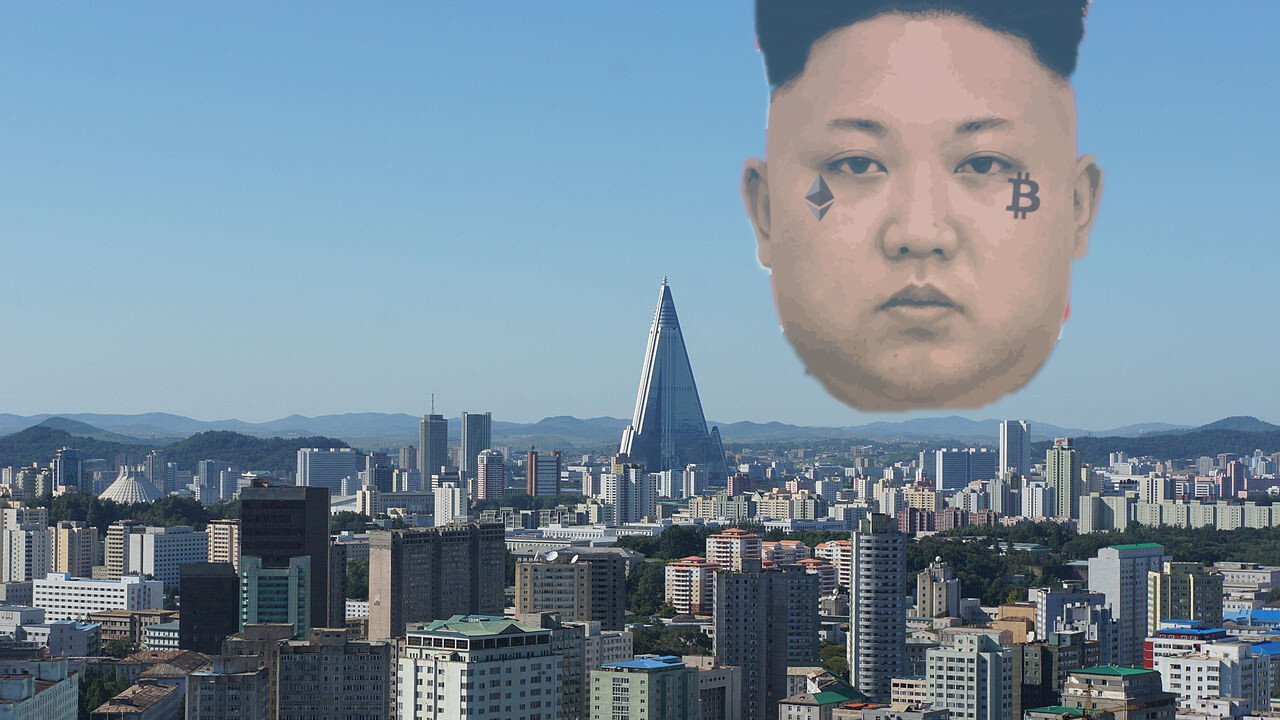
North Korean crypto-revolutionary crew Civil Cheollioma Defense (CCD) has issued its 100th “post-liberation blockchain visa” via the Ethereum blockchain.
The group says it has been selling its tokenized visas (G-Visas) since Monday morning, after it claimed it necessary to delay sale for roughly 12 hours due to high demand.
CCD states the G-Visas allow holders to enter North Korea “upon liberation,” when it will be transformed into a new nation called “Free Joseon,” an homage to the Joseon kingdom ultimately replaced by the Korean empire in the late 19th century.
At pixel time, 106 G-Visas exist on Ethereum’s blockchain in the form of ERC-721 tokens, but again, speculators are attempting to re-sell an overwhelming majority of those already bought, some with a considerable mark-up.
CCD says it will sell the first 1,000 of its 200,000 G-Visas for 1 ETH ($135) each, which would mean it has raised around $14,000 worth of Ethereum in just a few days. It should also be noted that seven G-Visas were created before the token sale began.
A statement posted to CCD’s site late yesterday also confirmed its role in February’s raid on a Pyongyang embassy in Madrid. It had previously been noted as suspects by CNN, who had cited government sources.
That said, this was not an attack. We responded to an urgent situation in the Madrid embassy. We were invited into the embassy, and contrary to reports, no one was gagged or beaten. Out of respect for the host nation of Spain, no weapons were used. All occupants in the embassy were treated with dignity and necessary caution. There were no other governments involved with or aware of our activity until after the event. The Hanoi Summit had no relation to this operation. We recognize and apologize for any inconveniences caused to the authorities of Spain, who have been caught in the middle of a difficult situation.
A high court judge in Spain has already ruled a group of assailants had forced their way into Madrid’s Pyongyang embassy on 22 February.
They were said to be armed with knives, machetes, crowbars, and replica guns, and used the weapons to beat and intimidate staff and diplomats over nearly five hours. Flash drives, computers, hard drives, and a mobile phone were stolen.
Hard Fork reported Monday on the spawning of an underground market for CCD’s G-Visas, just hours after sales began. That trend has continued; at pixel time, 104 of the 106 G-Visas issued are being auctioned off to the highest bidder, with third-party sales created almost immediately on issue.
It should also be reinforced that we have explicitly refused to link to CCD’s site directly. At present, the group’s instructions for participating in its G-Visa sale could be dangerous if followed.
They appear to direct potential buyers to enter their Ethereum private keys into a web form on its site (NEVER EVER DO THIS!), which is strictly against all good judgement. Hard Fork has reached out to CCD for clarification, and will update this piece should we receive a reply.
And yes, a G-Visa has actually been sold on the underground market. The token labelled “#9” was bought for 2 ETH ($275) yesterday, twice the original price of 1 ETH ($137). #3 is still listed for 300 ETH ($41,000), and #8 is listed for 8 ETH ($1,100).
Did you know? Hard Fork has its own stage at TNW2019, our tech conference in Amsterdam. Check it out.
Get the TNW newsletter
Get the most important tech news in your inbox each week.





